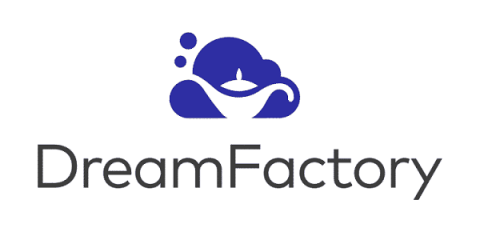Types of API Generation and How Your Organization Might Use Them
Programmers spend more time coding APIs than debugging, testing, or documenting APIs. Building APIs manually is an arduous task that prevents professionals from focusing on other tasks. Luckily, you don’t have to waste time creating APIs by hand. Instead, you can rely on instant API generation that does most of the work for you. Of course, you want to make sure you choose the right types of API generation for your projects.









